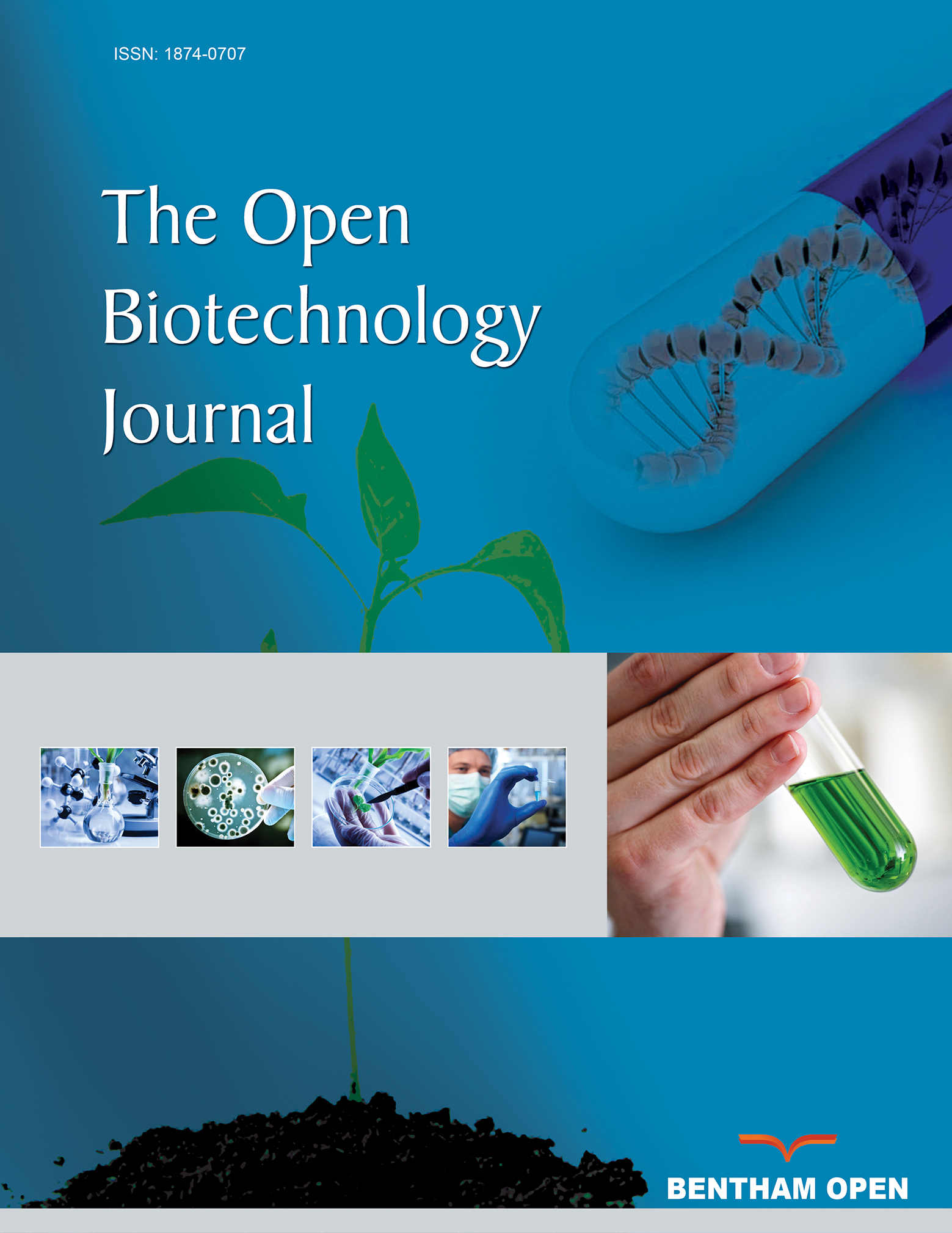All published articles of this journal are available on ScienceDirect.
Life Cycle Assessment (LCA) of Third-Generation Biodiesel Produced Heterotrophically by Phormidium Autumnale
Abstract
Objectives:
The aim of this work was to perform a prospective life cycle assessment of the third-generation biodiesel (3G) produced from the heterotrophic cultivation of Phormidium autumnale, using sucrose as the carbon source.
Materials and Methods:
The study focused on the optimization of the process parameters, in the life cycle assessment and in the biofuel quality analysis in diverse microalgae-based scenarios.
Results:
In the best scenario, the production of microalgal biodiesel has positive energy production (50.59 MJ/kg) associated with low consumption of water (28.38 m3/kg) and low CO2 emissions (9.18 kg CO2-eq/kg). In terms of composition, this oil was predominantly saturated (45.20%), monounsaturated (34.70%), and polyunsaturated (19.90%), resulting in a biodiesel that complies with U.S., European, and Brazilian standards.
Conclusion:
The high potential capacity for lipid production obtained is interesting for the generation of quality biodiesel that meets or surpasses the most stringent U.S., European, and Brazilian fuel standard requirements.


